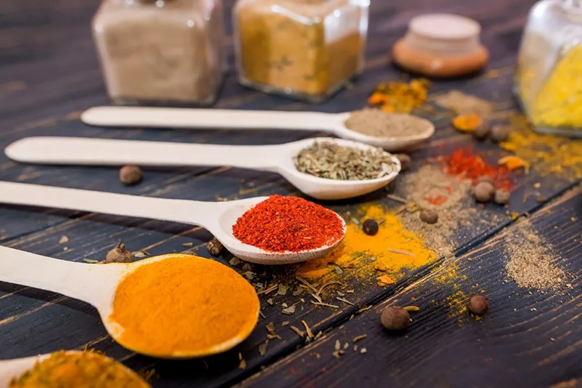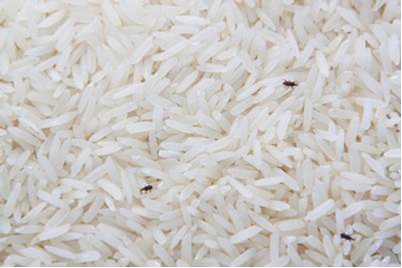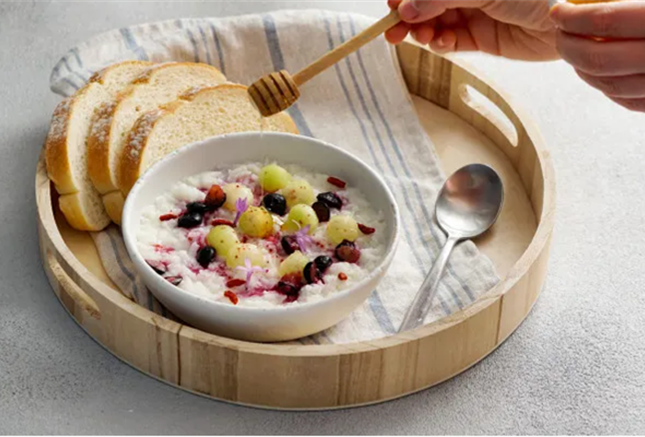Introduction
The durian, also known as the “king of the fruits”, is famous for its distinctively strong smell and sharp thorns on its shell. In Singapore, durians are sold whole, or opened and packed into sealed takeaway boxes. The durian season typically falls between June to September each year, when durian lovers can enjoy a variety of durians.
Due to the high demand for durians, there are concerns that some farmers may use excessive and non-permitted pesticides to make them grow and look better. There are also concerns that farmers may attempt to ripen durians artificially through the use of chemical ripeners in order to meet demand.
This article provides more information on the safety of durians and how you can enjoy them safely.
How are pesticides used in durian cultivation?
During cultivation, farmers may use pesticides on crops to kill various pests in the environment that damage crops and reduce crop yield. Some common types of pesticides are insecticides (to kill insects), fungicides (to kill fungi) and herbicides (to kill weeds).
In durian cultivation, pesticides are commonly applied by spraying, whereby pesticides are applied on crops as droplets.
Pesticides can be toxic to humans when consumed at high levels and for prolonged periods. It may lead to chronic effects such as the weakening of the immune system, making one more susceptible to diseases. Hence, farmers are required to use pesticides at levels that do not cause harm to human health.
https://www.sfa.gov.sg/food-information/risk-at-a-glance/use-of-pesticide-in-food
Are durians in Singapore safe to eat?
To ensure food in Singapore is safe for consumption, SFA has regulations in place to restrict the residual amount of permitted pesticides that may remain in food. SFA adopts a risk based approach to food safety. This means that for fruits such as durians, SFA samples and tests for pesticide residues and chemical ripeners that are known to leave trace level of residues on treated fruits (e.g. ethephon), as part of SFA’s food safety monitoring programme. Food will not be allowed for sale if it is found to fail our inspection and food safety tests.
Our tests for durians have shown that pesticide residues were mainly detected on their shells. In instances when pesticide residues were detected in durian flesh, pesticide residues were present at extremely low concentrations, which were well within safety levels. SFA has also not detected any non-compliances on the use of chemical ripeners in durians during our tests.
Durians must also be imported by SFA-licensed importers. Food sellers have the responsibility to ensure that the food they sell are obtained from SFA-regulated sources, prepared or processed in a safe and hygienic manner, and do not compromise food safety.
How can you play your part?
Consumers can play a part to ensure the durians you purchase are safe to eat. Follow these tips:
Buying durians
For whole durians, ensure that the durian shell is not cracked or opened.
Check for freshness of the durian by looking at the colour of its stem. Newly harvested durians have green or lighter-colour stems while those harvested earlier have darker stems due to enzymatic browning.
Buy from sellers who observe good food handling practices, such as wearing a different pair of gloves when handling the durian flesh or using a clean knife to remove the durian flesh from the shell.
For packed durians, ensure the durian flesh is placed in a sealed container to prevent contamination.
Exercise caution and discretion when buying durians online. Verify information before making purchases, and choose to buy from reputable sources.
Eating and storing durians
Wash your hands thoroughly after handling or opening the durian shell and before eating the durian flesh with your bare hands. Wear gloves to open the durian if possible.
Avoid touching the durian shells while eating durians with bare hands.
Chill unconsumed durians in the refrigerator if you are eating them in the next 2 to 4 days, or freeze them if you are storing them for longer periods. Use airtight containers to prevent the durian flesh from drying out and the smell from spreading.



